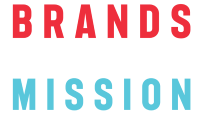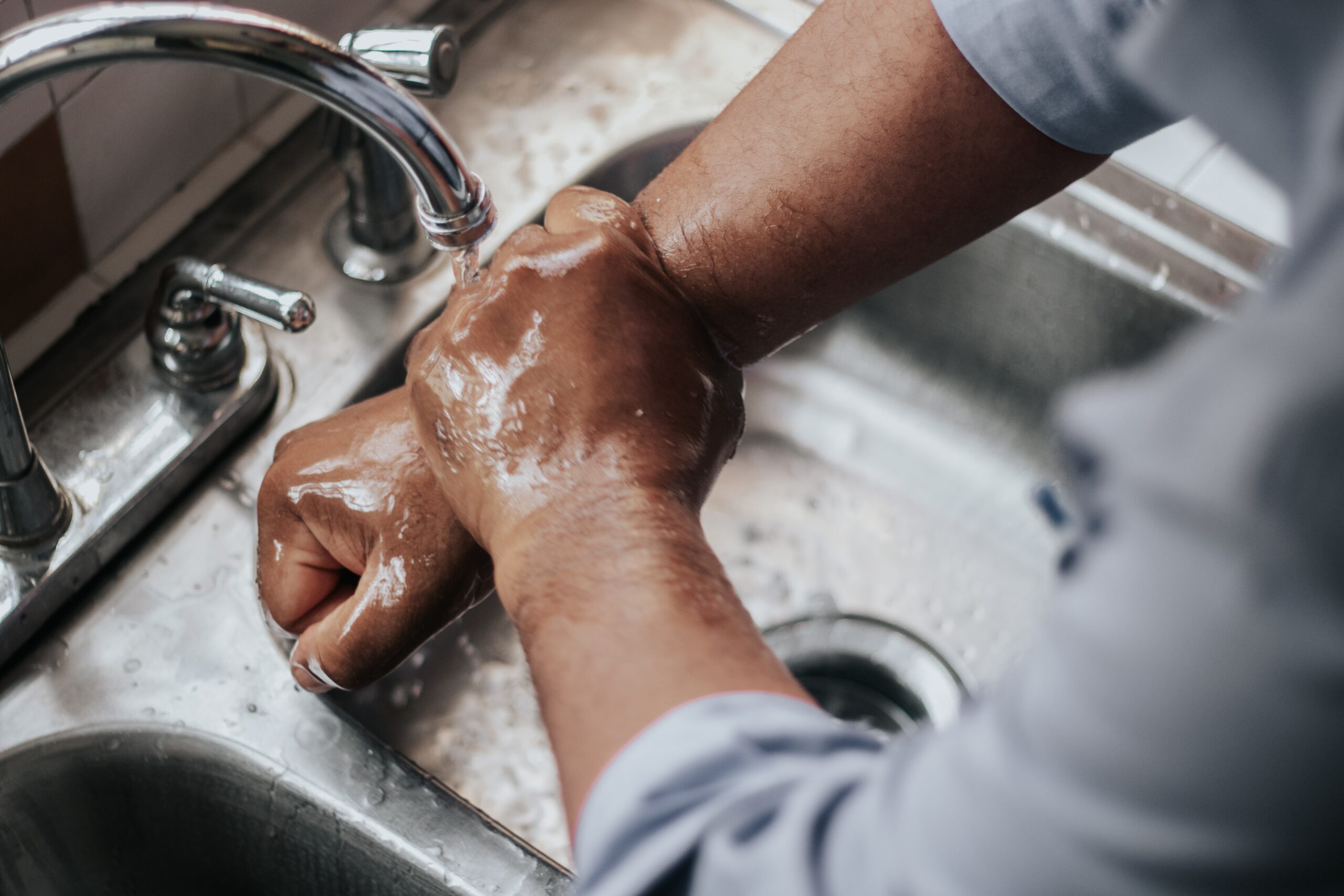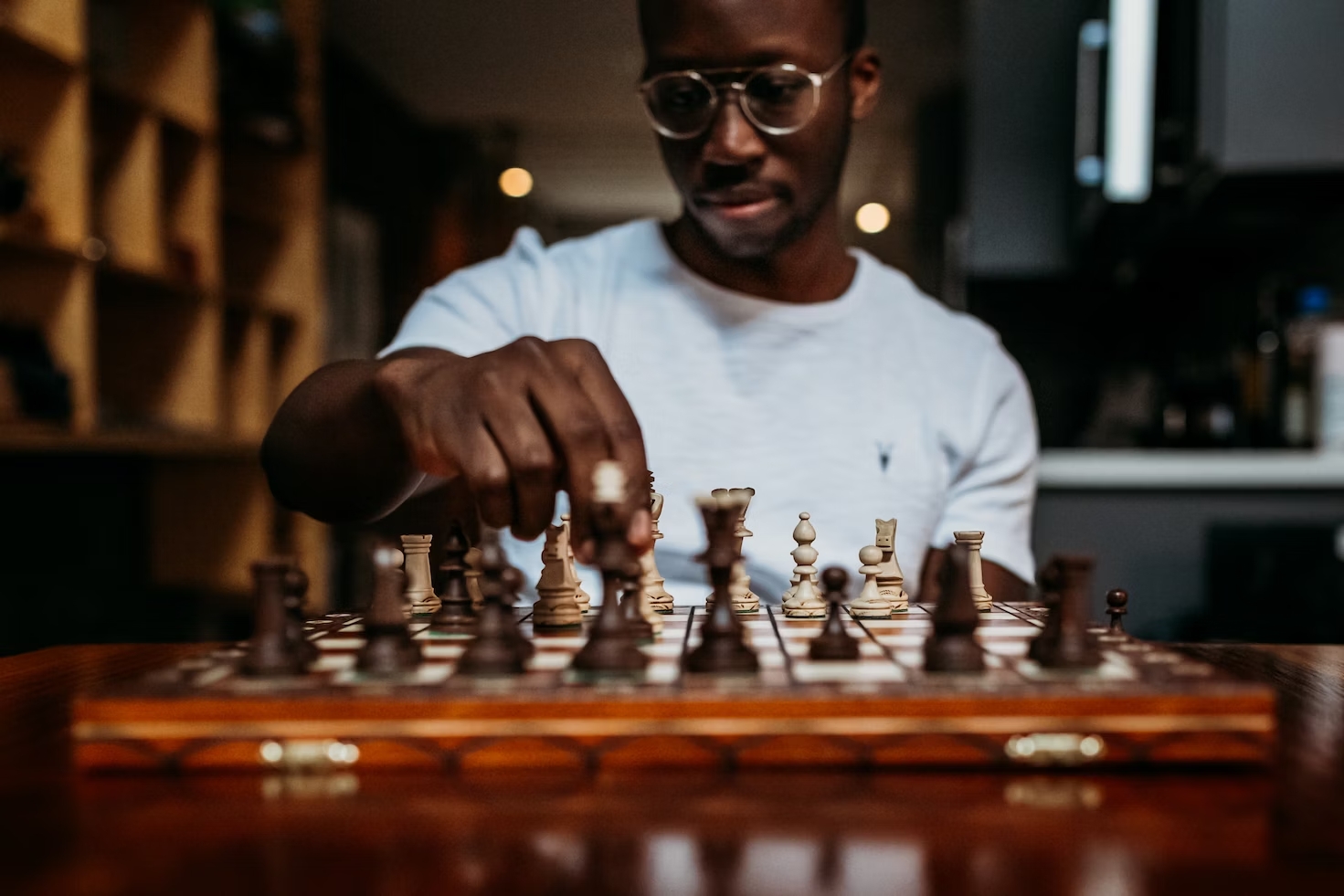Consumer brands have recently made a breakthrough in addressing major social problems – and the alcohol industry is an important example. Alcohol abuse has long been a major public health problem. Each year, it causes more than 3 million deaths worldwide. Unhealthy drinking contributes to both unintentional (road traffic injuries, drowning, burns, poisoning, falls) and intentional injuries (suicide and murder).[1] Excessive consumption accounts for 5% of the global burden of disease and injury,[2] causing twice as many deaths as tuberculosis,[3] seven times more than malaria[4] and 21 times more than measles.[5] Developing countries are particularly eager to limit this damage, as alcohol use grows with economic development.[6]
Governments and public health organizations have tried a great many programs to reduce this abuse, from outright prohibition and minimum drinking ages to heavy taxation and education. Some have worked better than others, but the problems persist, reducing the quality of life for tens if not hundreds of millions of people around the world.
Only recently, however, did public health authorities start accepting the idea that alcohol companies can be part of the solution. For a long time, they simply couldn’t believe that for-profit companies could be good-faith participants in limiting the consumption of their products. But the companies themselves have realised that the toll from alcohol abuse is unsustainable. Limiting regulation on alcohol isn’t sustainable and retaining best talents to work on alcohol brands require a paradigm shift.
For both self-interest and public interest reasons, therefore, we’re now seeing serious corporate attention being applied for brands to focus on encouraging responsible drinking. This may be among the biggest challenges that “brands on the move” will ever face, as alcohol is one of the most addictive and culturally powerful products the world has ever known.
What Alcohol Brands Bring to the Table
Brands bring two powerful capabilities to the struggle. The first is logistical. The same distribution channels that supply the alcohol can also provide safe-drinking substitutes, from no- and low-alcohol drinks to non-alcohol alternatives. Forecasters expect this no- and low-alcohol category to grow to $1.7 trillion by 2024, so promoting non alcoholic options makes just plain business sense. Brands have an army of salespeople and distributors that reach deep into rural areas that governments and NGOs may never see. In order to change deep-seated habits, we need alternative drinks ready at hand, and brands are making this happen.
Many brands have also developed strong relationships with their consumers over time through advertising and marketing, building a strong credible brand equity to get consumers listening.. They regularly produce messaging and packaging in local languages and dialects. And they can also communicate at the point of purchase and time of consumption (bars, restaurants). They know what people want and expect.
Even more important than these two capabilities, however, is alcohol brands’ expertise in changing drinking behaviour. They know a great deal about prompting people to consume differently, and now we need them to apply their skills and creativity to reduce alcohol abuse.
The best way for brands to do that is by changing social norms. For example, when people go out drinking alcohol with friends, they need to know as a matter of course that they shouldn’t drive home – they should get a lift home instead, even if it means leaving their car overnight at the bar. They should also try to avoid binge drinking that promotes aggression against others as well as serious health consequences. Brands must move from influencing individual behaviours to social influencing, the only way to change norms linked to alcohol abuse.
Mixed Results So Far
Results have been modest, but we can expect greater gains over time as brands learn from these experiments and invest more resources.
On the logistical front, brands have made substantial progress. We’ve seen an explosion in alcohol substitutes, often with attractive labelling that lessen the stigma of refraining from alcohol.
Some companies are going further with innovative campaigns for drinking responsibly. AB InBev is one of the leading companies with their Global Smart Drinking Goals initiative, committing US$1 Billion towards the goals of reducing harmful use of alcohol. The company has already invested US$240 million on social norms marketing campaigns – including the three examples below – and is looking to do more.
Aguila, the largest beer brand in Colombia, ran a campaign that showed how binge drinking brought out the worst in people. Videos showed embarrassing moments that spoke to consumers (young people looking to have fun), without lectures and judgment.
The campaign has raised awareness of risky behaviour, and drove trials of non-alcoholic beers. But it made little headway in actually changing social norms – mostly because it lasted for only a few months. A similar campaign by Budweiser, the largest selling U.S. beer, encouraged people to “drink wiser,” but, as with the Aguila campaign, it lacked the longevity and measurement necessary to change social norms.
Carling Black Label, the biggest beer brand in South Africa, took a different approach in focusing on reducing the country’s high rate of domestic abuse. The #NoExcuse campaign started with mass events around spectator sports, then on the ground level sent “smart drinking squads” to taverns in poorer communities to train owners and patrons in modeling responsible consumption.
The most innovative part of the #NoExcuse campaign was its partnership with a social entrepreneur, Craig Wilkinson of “Father a Nation,” to address the real underlying issues of gender based and address toxic masculinity norms. They aimed to train “champion men” to be influencers and lead workshops in their communities.
The campaign started in 2018 and is still ongoing. Already it seems to have broken through the silence on domestic abuse. Yet there is no evidence of reduced alcohol-related harm and that is a real issue for all brands involved in social issues. Carling is not tracking responsible drinking, violence against women, or new norms of masculinity – all expensive undertakings but all essential.
These are all promising beginnings that give marketers a great deal of information to build on and corporate teams to guide them on. Reducing alcohol abuse is going to take many more experiments and sustained investment around the world. But it’s great to have beer brands finally in the game.
Most encouraging for me to experience has been my recent involvement as a member of the jury for the AB InBev Global Smart Drinking Competition for Safe Drinking. Together as a 7-strong jury panel, we evaluated 107 separate proposals for investments in campaigns to change social norms around drinking. The proposals were submitted by AB InBev brands from all continents, and most were informed by actual social norms like the ones described above. Brand marketers are seeing the opportunity to serve both the mission and the company at the same time, and they want to be part of a solution to the affects of alcohol abuse in the communities in which they live.
[1] National Institute on Alcohol Abuse and Alcoholism, 2020.
[2] “Global Status Report on Alcohol and Health.” World Health Organization. 2018.
[3] “Tuberculosis.” World Health Organization. https://www.who.int/news-room/fact-sheets/detail/tuberculosis
[4] “Malaria.” World Health Organization. https://www.who.int/news-room/fact-sheets/detail/malaria
[5] “Measles.” World Health Organization. https://www.who.int/news-room/fact-sheets/detail/measles
[6]Pham, Tran & Tran, 2018.



